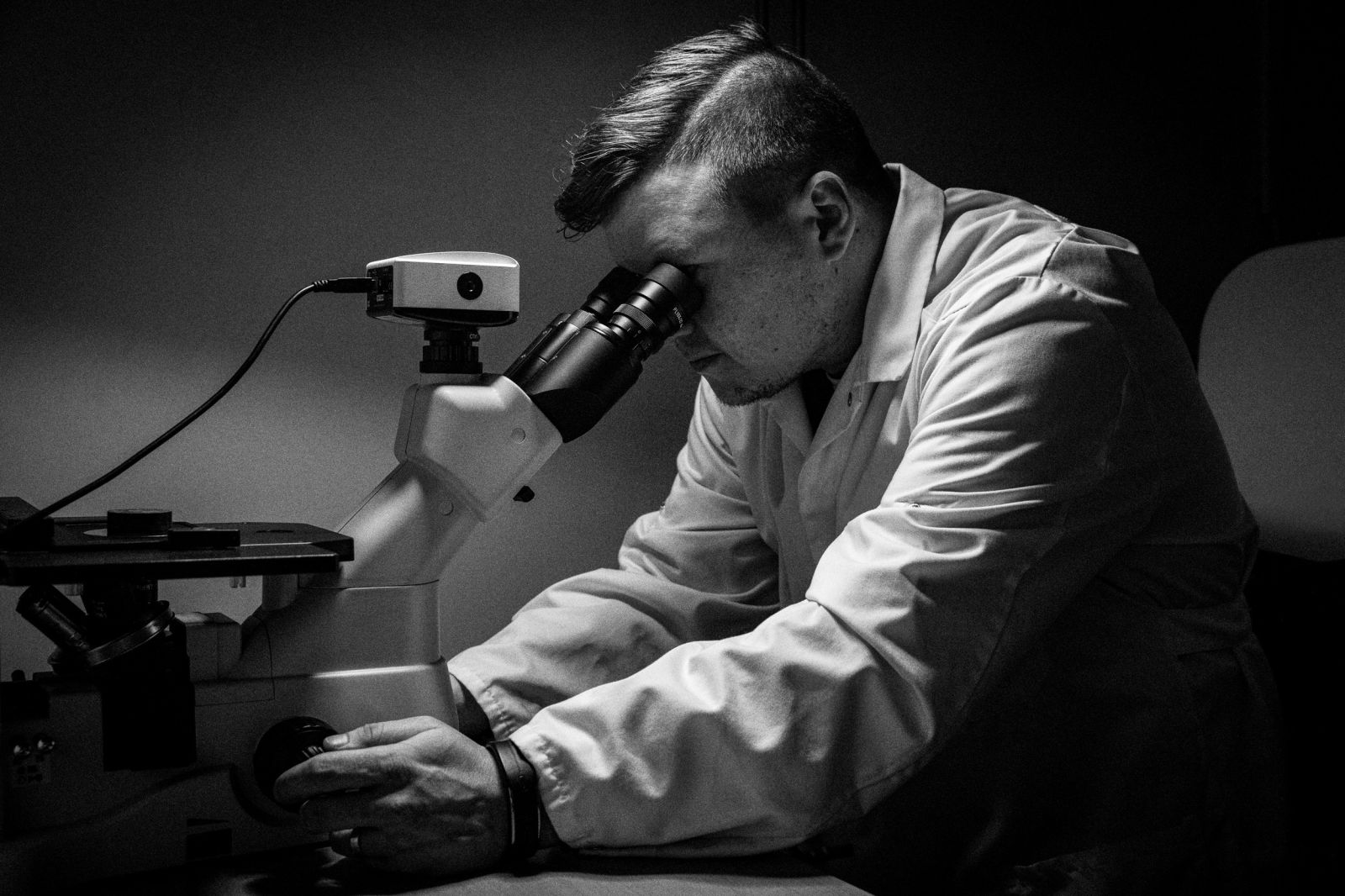Necessity Is the Mother of Invention, Crisis Is the Driver of Change
The global challenges posed by the climate crisis, Covid-19 and the drop in oil prices are spurring innovation. Pharmaceutical companies are striving to produce vaccines and new medicines, while natural refrigerants and cold recovery through LNG are becoming increasingly energy-efficient solutions.
Chemical and Process
Marko Rantala, Sales Director at Vahterus
As the world fights the coronavirus pandemic, the outlook for the process and chemical industry has significantly changed.
Pharmaceutical producers are working hard to develop a vaccine against the virus, as well as increasing the production of the various medicines needed during these critical times. Looking at the list of heat exchanger units leaving our factory in Kalanti over the past few weeks, it is notable that the demand for reactor temperature control heat exchangers and solvent condensers used in pharmaceutical production facilities has radically increased.
Lockdown and social distancing have led to innovation and rethinking of the way we work. Operating from home without personal contact with colleagues and customers has forced us to use new technologies and alternative means of communication.
The outlook for Vahterus’ business in the chemical sector during 2020 remains positive. We now have the new PSHE 12 model fully tested and ready, and it is well-suited to many applications in the industry.
One of Vahterus’ long-term customers in the chemical industry, German giant BASF, has launched a campaign called ‘Helping Hands’: it is donating to healthcare facilities over 100 million protective masks and 1 million litres of disinfectants in Germany alone. BASF has also started the production of hand sanitisers in other countries in order to donate them to fight the virus. This is just one inspiring example of a company giving back to those in need at a time of crisis.
Energy
Tobias Häggblom, Business Manager at Vahterus
If I’d written this article before the end of last year, its tone would have been completely different. Although 2019 was far from the best, it was a solid year in the energy business, with a good level of investment.
The drop in the price of oil brought turmoil at the beginning of this year, as more and more news about the coronavirus outbreak started spreading from China. However, this wasn’t the only reason why oil prices dropped so significantly. The price war between Russia and Saudi Arabia dragged out the decision to cut production. Thus overproduction and full storage resulted in a negative oil price for a short time. The price is now slowly climbing back.
Luckily, the price of oil isn’t the only driving factor for energy investments. Environmental regulations are strongly pushing investments towards gas and LNG. This spring, Vahterus R&D team has been working on an interesting series of tests related to cryogenic applications. As the use of LNG increases, so do the possibilities to recover cold from LNG in different applications. Recovering cold means getting close to the freezing limits of brine. It’s therefore extremely important to understand how low it’s possible to cool brine.
Shipping continues to get greener. An increasing number of ships, both new and converted, are running on low-emission fuels. You can read about the possibilities offered by Vahterus Plate & Shell Heat Exchanger solutions in this magazine. There’s plenty of potential for growth and innovation in this industry, even with lower oil prices.
Refrigeration
Heikki Oksanen, Business Manager at Vahterus
The biennial main event of the refrigeration was scheduled to take place in Nuremberg this fall.
Writing this statement in June, there’s a lot of uncertainty in the air. China Refrigeration Expo 2020 in Wuhan was postponed, the 2020 IIAR Annual Conference in Orlando was canceled and we’ve just received a notice of cancellation of Chillventa 2020, launching a virtual event this October. The coronavirus pandemic has dominated front pages this spring.
Additionally, this past winter has been the warmest recorded in Europe, scientists have announced, with snow having to be imported for winter sporting events. In Helsinki, Finland, the average temperature for January and February was more than 6°C higher than the 1981–2010 average. Meanwhile in the Southern Hemisphere, record-breaking temperatures and months of severe drought have fuelled a series of massive bushfires across Australia.
There’s no denying it, the climate is changing. And we must look to the future. Natural refrigerants, energy recovery and heat pumps are one of the key solutions to building a clean and safe environment for the next generations.
Here’s hoping we’re able to get together soon and seize the opportunity to discuss these significant challenges together. We’ve already been very effective in implementing the decreased use of refrigerants with ozone-depleting issues to safeguard our environment. Together, we can develop further safe and sustainable solutions to tackle the climate crisis.

